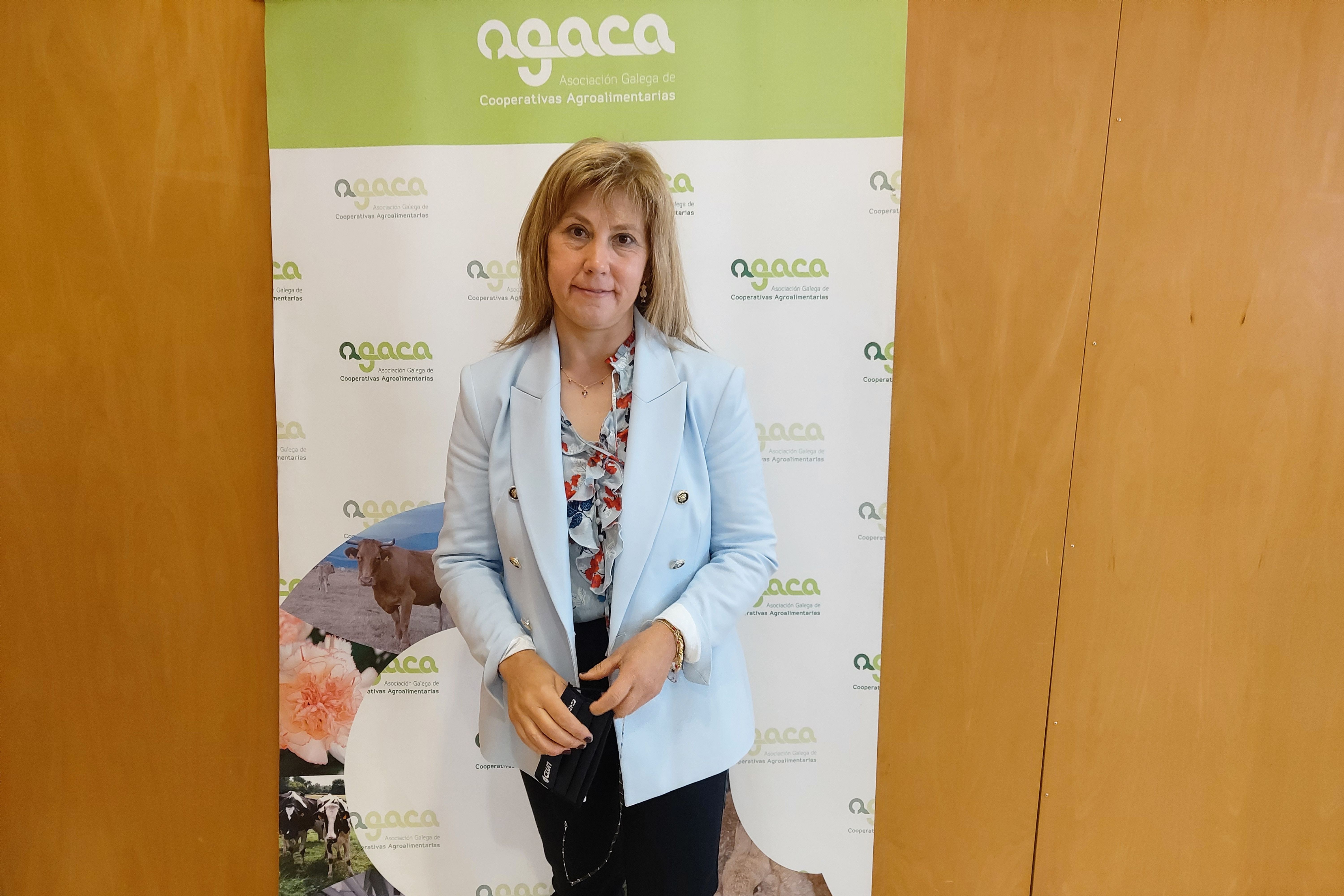
Latest information

Interview with Carmen Rodríguez, vice-president of CLUN, president of AGACA and coordinator of Mulleres de Seu
Carmen Rodríguez is vice-president of the Galician rural dairy cooperative CLUN, which markets brands such as Feiraco, Clesa and Leche Únicla. She also leads the women's empowerment group Mulleres de Seu. We talked to her about the role of women in the Galician rural economy.
What are the advantages of being part of a cooperative for producers?
The most obvious and tangible advantages are usually economic: bringing together the interests of producers and jointly improving their negotiating position in the market, both by concentrating the demand for agricultural inputs, or the services and support they need for production, and by concentrating the supply of their agri-food products. This action in these three areas contributes to the stability of agricultural markets, given that with concentration they achieve decision-making power or influence over the prices received by members and even non-members.
But, in many cases, the cooperative also allows the farmer to participate in the processing and marketing stages, having access to the return of the added value generated throughout the food chain.
What improvements will digital transformation bring to the dairy sector?
Our production experts tell us that the introduction of digitisation through sensor technology, robotics and other means will become the major element in increasing milk production in the coming years.
With regards to marketing, we are already seeing how the introduction of digitisation is a very powerful tool for approaching even distant markets and our daily and nearby consumers.
The Galician Regional Government has established different aid options for farmers and livestock farmers. Have they helped get more young entrepreneurs involved in rural areas and dairy farming?
One of the great challenges facing the sector today and in the coming years is generational replacement and drawing entrepreneurs to the rural and dairy sectors. Achieving the incorporation of young people and women has become a key challenge for the Regional Government of Galicia and the European Union, as reflected in the goals of the Common Agricultural Policy for the 2023 - 2027 period. Young people must return and rural women must not leave, because in the coming years the rate of retirement of farmers and livestock farmers will be high. Therefore, we must all contribute to the creation of more young entrepreneurs who are committed to the rural and dairy sectors.
What role does the association Mulleres de Seu play in the rural world?
The association Mulleres de Seu aims to be a stimulus and a mirror in which many women farmers and livestock farmers and wives of farmers and livestock farmers can look with enthusiasm to give visibility to the invisible and constant work we do in our homes and to project ourselves as a key part of the different structures of our rural environment: in the governing bodies of cooperatives and rural associations.
Mulleres de Seu aims to be another tool for the responsible and professional empowerment of rural women, which contributes in an integral way to build a better, fairer society, with better burden sharing, alongside our partners and our colleagues in cooperatives, associations and companies.
Has significant progress been made in giving women their rightful role in the industry?
Clearly, steps are being taken in the right direction, but the road is long. We know that what we are aiming for is an important social change in our rural society. And all social changes are slow, they do not happen in a few days. It is becoming increasingly common to find women in positions of responsibility in our field. But, we cannot stop moving forward, and not only thinking of those of us who are now active in the sector. I think of the need to incorporate and attract young women, girls who are attracted to this activity, to the production sector and to the rural environment. How can we attract them if we do not give visibility to current women in the industry? They need to have references and mirrors in which they can look at themselves and see a future in this environment. Therefore, we have taken steps, but I believe that they are not enough to make the rural areas attractive to the women of tomorrow, so that they see themselves included and welcomed in them.